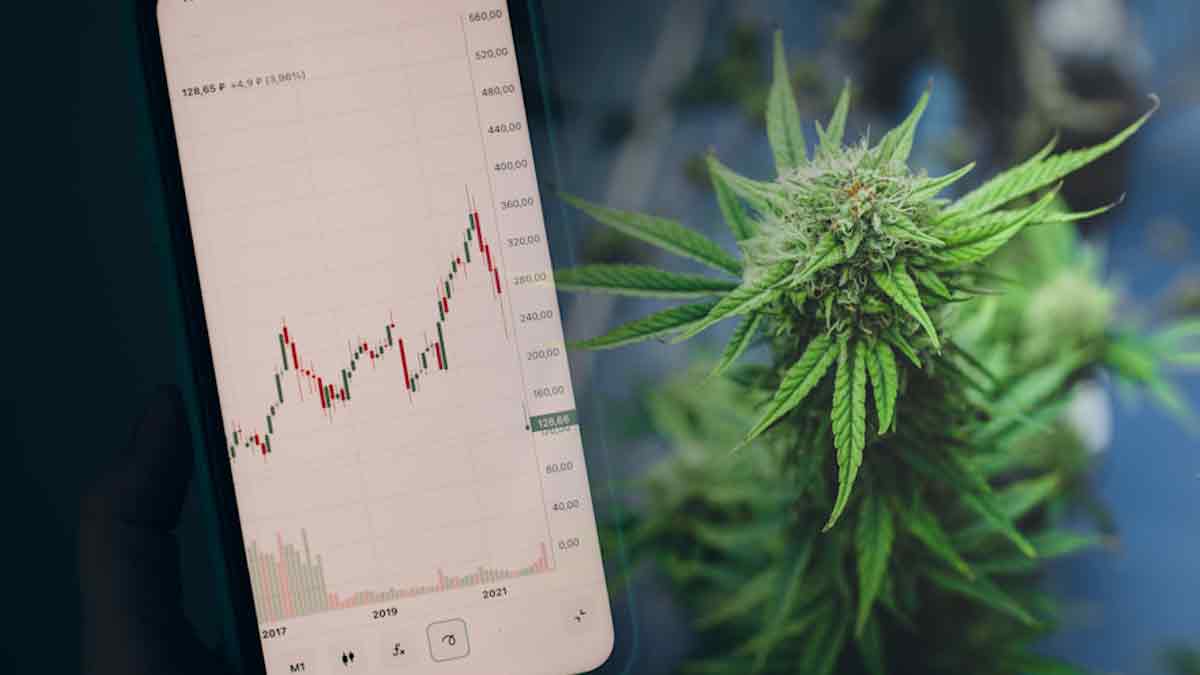Not Your Grandma’s Halloween
For those involved with the movement to legalize cannabis in the United States the idea of someone intentionally dosing children’s Halloween candy with marijuana seems absurd. To start, marijuana edibles are a booming industry and the cost to handout these type of adult-treats to children would break the bank! But let’s face it. There are some really sick people out there and for millions of parents the threat is real.
This is the first Halloween since recreational marijuana was legalized in Colorado and the Denver Police Department has issued a video warning for parents on the similarities between cannabis infused edibles with their non-infused counterparts. The message is short and sweet. It is only one minute and thirty seconds long and features Patrick Johnson, the owner of Denver-based Urban Dispensary, explaining how once a candy has been removed from its packaging there is no way for anyone to tell if it contains tetrahydrocannabinol (THC). He explains that the most cost effective way for cannabis edible companies to bring the product to market is to buy the original candy in bulk and then spray it with a viscous hash oil. The message is informative and also serves as a reminder to parents to follow the same safety practices that they have been urged to follow for years.
While this may be the first Halloween of legal cannabis edibles, this is not the first Halloween that the scare of tainted candy has swept through mainstream America. In an article published by The Cannabist, author Brittany Driver recounts the history behind the hype and points out that claims of poisonous Halloween candy date back as far as the 1800s.
Earlier this year, The Denver Post ran an article about the rising number of children being brought into the emergency room because they had accidentally ingested cannabis. The children—mostly between the ages of three and seven years old—were treated for extreme sedation or agitation. Additionally, a study by the University of Colorado Denver reminds us that young children will ingest even “unpalatable items like household cleaners, pills, and capsules.” Dr. Michael Kosnett, a medical toxicologist and associate clinical professor at the University of Colorado School of Medicine, added that, “The allure of these marijuana edibles which taste and look like simple sweets makes them especially risky.” The research pushed for increased regulation on cannabis edibles including such measures as child resistant packaging.
Let’s all do our part to make this Halloween a child-friendly and hashish-free holiday by doing a little bit of pre-party planning and simply getting back to the basics for a safe night of tricks and treats. Also, let’s remember that NO ONE, not even a child, has ever died from a marijuana overdose. Here are some tips and reminders that every parent should follow:
- Don’t let kids go out trick-or-treating alone. Make sure there is a responsible adult even with older children.
- Don’t let kids eat candy as they go. Make sure kids leave the house with a full stomach so they are well fueled for the night and are less likely to try to sneak a snack between houses.
- Carry safe snacks with you. If kids want to nibble a little and kick in that sugar-buzz that will keep them running house-to-house, bring a bag of candy from home that you know is safe and have them eat ONLY that candy while they are out.
- Check all of your child’s candy before you let them eat it. Throw away anything that is not in the original wrapper or looks like it had been tampered with.
- Have a safe snack prepared for kids when they arrive back home. This will keep the whining to a minimum while parents take 10-15 minutes to check candy for any potential hazards.
And finally,
If you are planning to make and/or partake in some pot-party-favors this Halloween, make sure that you keep them away from children.
MAPH Enterprises, LLC | (305) 414-0128 | 1501 Venera Ave, Coral Gables, FL 33146 | new@marijuanastocks.com










